What You Need To Know About Pool Chemicals
Keeping your swimming pool pristine involves understanding pool chemicals and their usage. Without the right balance, your pool could succumb to bacterial growth or become unpleasantly harsh on the skin and eyes.
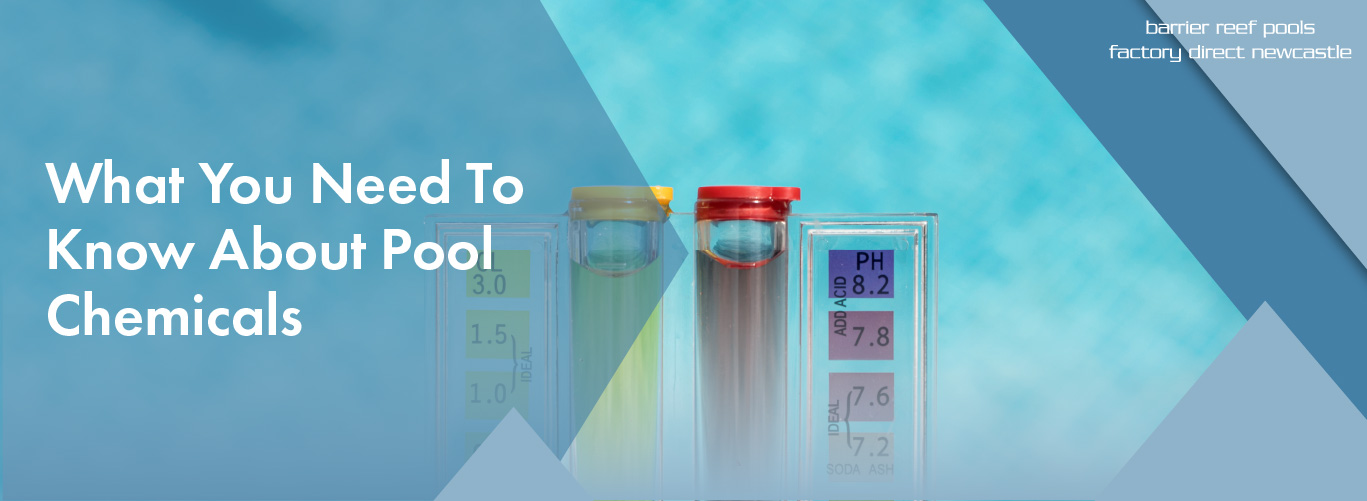
The Importance of Pool Chemicals
Pool chemicals play a crucial role in maintaining a clean and safe swimming environment. By effectively eliminating harmful bacteria, preventing unsightly algae growth, and carefully balancing the pH level of the water, these chemicals ensure that your pool remains a healthy and inviting oasis. While water chemistry may seem complex at first, having a basic understanding of it empowers you to confidently maintain your pool’s pristine condition, allowing you and your loved ones to enjoy refreshing dips all season long.
Understanding pH Levels
The pH level measures the acidity or alkalinity of your pool water, determining its balance. A scale ranging from 0 to 14 is used, where 7 represents neutrality. For optimal pool conditions, it is recommended to maintain a slightly alkaline pH level between 7.2 and 7.6. When the pH level deviates from this range, it can result in skin and eye irritation, as well as impact the effectiveness of chlorine in your pool water. By ensuring the right pH balance, you can enjoy a safe and enjoyable swimming experience.
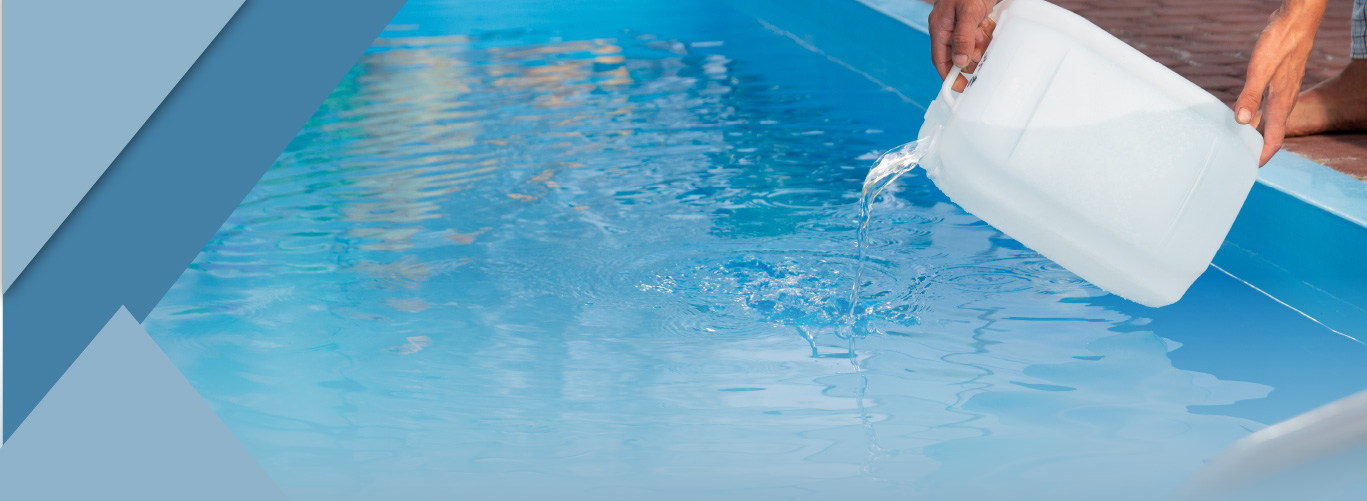
Common Pool Chemicals and Their Uses
Chlorine
As the primary sanitiser, chlorine plays a crucial role in maintaining the cleanliness and health of pool water. Its powerful properties effectively eliminate bacteria and harmful compounds, ensuring a safe swimming environment for all. Chlorine is available in various forms, including liquids, tablets, and granules, offering flexibility and convenience in its application. Whether you prefer the ease of liquid chlorine, the controlled release of tablets, or the quick-dissolving power of granules, there is a chlorine option to suit every pool owner’s needs. So, dive in and enjoy the crystal-clear water, knowing that chlorine has got you covered!
pH Increasers and Reducers
These chemicals, commonly sodium carbonate (also known as soda ash) and muriatic acid (hydrochloric acid), are frequently used to adjust the pH level of your pool water. By carefully monitoring and maintaining a pH range of 7.2 to 7.6, you can ensure not only a comfortable swimming experience but also effective sanitization of the water. This delicate balance of pH levels helps to prevent the growth of algae and bacteria, ensuring that your pool remains clean and safe for swimming.
Bromine
A good alternative to chlorine, bromine is highly effective in killing bacteria and maintaining crystal clear water. Its exceptional stability at higher temperatures and lower pH levels makes it particularly beneficial for indoor pools and spas. With its unique properties, bromine offers a reliable and long-lasting solution for ensuring optimal water quality and safety.
Clarifiers
By utilising the process of agglomeration, clarifiers facilitate the formation of small particles into larger, filterable clumps. This innovative technique significantly enhances the efficiency of pool filters, ensuring the maintenance of crystal clear and pristine pool water. With the help of clarifiers, pool owners can enjoy a refreshing and inviting swimming experience, free from impurities and debris.
Algaecides
These specially formulated chemicals are designed to effectively inhibit the growth of algae, ensuring that your swimming pool maintains a pristine and inviting appearance. By preventing the formation of algae, these chemicals play a crucial role in preserving the cleanliness and clarity of the pool water, creating a more enjoyable swimming experience for all.
Cyanuric Acid (CYA)
Acting as a vital stabiliser, CYA (cyanuric acid) plays a crucial role in safeguarding chlorine from the rapid degradation caused by UV rays. By effectively shielding the pool water from the harmful effects of sunlight, CYA ensures that chlorine remains potent and efficient in its sanitising duties, ultimately contributing to the overall cleanliness and hygiene of the pool.
Shock Treatments
Used to “shock” the water and rapidly elevate the chlorine level, these treatments play a vital role in eliminating various contaminants, such as bacteria and algae, and effectively restoring the clarity, hygiene, and overall health of your pool water. By swiftly oxidising and sanitising the pool, these treatments ensure that your swimming experience remains safe, enjoyable, and refreshing.
Calcium Hardness Increaser
This specific chemical, known for its remarkable properties, effectively enhances the calcium level in the pool water. By doing so, it plays a crucial role in preventing the undesirable corrosion of pool equipment and surfaces. This ensures the longevity and durability of the pool, allowing for a pleasant and worry-free swimming experience.
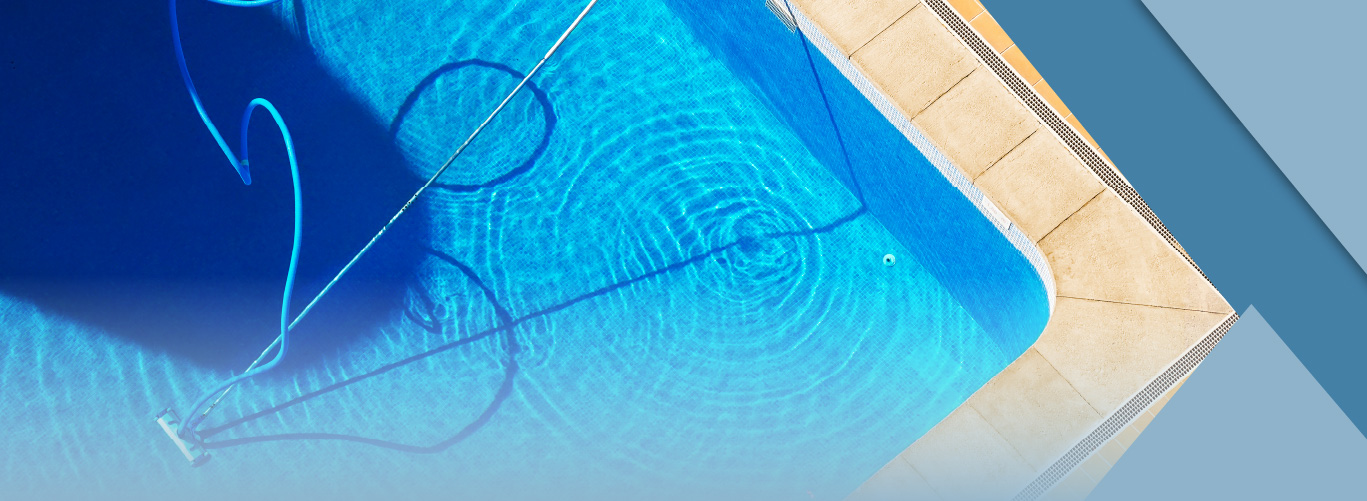
Regular Testing
Regular testing of your pool water is absolutely essential for maintaining its quality. By regularly monitoring the levels of chemicals, you can ensure a safe and enjoyable swimming experience for you and your loved ones. Testing kits, which are readily available and easy to use, provide you with the necessary tools to accurately measure and make any necessary adjustments to the chemical balance of your pool water. Don’t neglect this important aspect of pool maintenance, as it plays a crucial role in keeping your pool clean and inviting.
Safety Precautions
Pool chemicals are potent substances that require careful handling. It is crucial to always follow the instructions provided on the package, ensuring that you store the chemicals in a safe and secure manner. Remember, never mix different types of pool chemicals, as this can lead to hazardous reactions that pose a risk to both your safety and the integrity of your pool. By exercising caution and adhering to proper chemical handling practices, you can maintain a safe and enjoyable pool environment for everyone.
Conclusion
Maintaining the right chemical balance in your swimming pool is a crucial task that requires regular attention and careful management. By utilising the right pool chemicals in the correct quantities and following all safety precautions, you can ensure an optimal swimming experience that is both safe and enjoyable. Regular testing of the water quality will also help you to keep track of the chemical balance, enabling you to make the necessary adjustments as required. Remember, a clean and well-maintained pool not only offers a refreshing respite, but it also guarantees the longevity of your pool equipment and surfaces. So, take the time to understand and implement these chemical maintenance strategies.
What You Need To Know About Pool Chemicals
Keeping your swimming pool pristine involves understanding pool chemicals and their usage. Without the right balance, your pool could succumb to bacterial growth or become unpleasantly harsh on the skin and eyes.
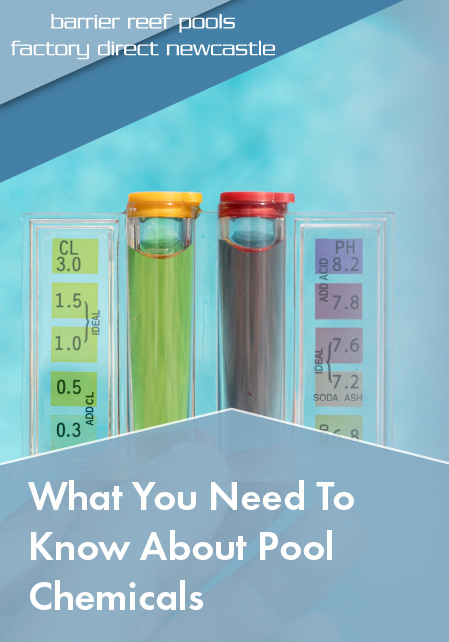
The Importance of Pool Chemicals
Pool chemicals play a crucial role in maintaining a clean and safe swimming environment. By effectively eliminating harmful bacteria, preventing unsightly algae growth, and carefully balancing the pH level of the water, these chemicals ensure that your pool remains a healthy and inviting oasis. While water chemistry may seem complex at first, having a basic understanding of it empowers you to confidently maintain your pool’s pristine condition, allowing you and your loved ones to enjoy refreshing dips all season long.
Understanding pH Levels
The pH level measures the acidity or alkalinity of your pool water, determining its balance. A scale ranging from 0 to 14 is used, where 7 represents neutrality. For optimal pool conditions, it is recommended to maintain a slightly alkaline pH level between 7.2 and 7.6. When the pH level deviates from this range, it can result in skin and eye irritation, as well as impact the effectiveness of chlorine in your pool water. By ensuring the right pH balance, you can enjoy a safe and enjoyable swimming experience.
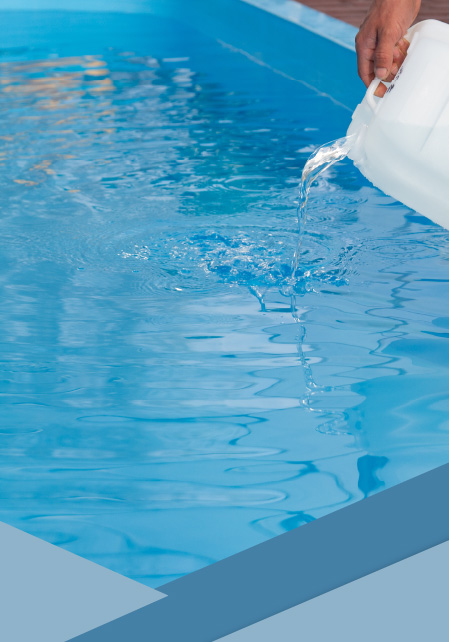
Common Pool Chemicals and Their Uses
Chlorine
Clarifiers
By utilising the process of agglomeration, clarifiers facilitate the formation of small particles into larger, filterable clumps. This innovative technique significantly enhances the efficiency of pool filters, ensuring the maintenance of crystal clear and pristine pool water. With the help of clarifiers, pool owners can enjoy a refreshing and inviting swimming experience, free from impurities and debris.
Algaecides
These specially formulated chemicals are designed to effectively inhibit the growth of algae, ensuring that your swimming pool maintains a pristine and inviting appearance. By preventing the formation of algae, these chemicals play a crucial role in preserving the cleanliness and clarity of the pool water, creating a more enjoyable swimming experience for all.
As the primary sanitiser, chlorine plays a crucial role in maintaining the cleanliness and health of pool water. Its powerful properties effectively eliminate bacteria and harmful compounds, ensuring a safe swimming environment for all. Chlorine is available in various forms, including liquids, tablets, and granules, offering flexibility and convenience in its application. Whether you prefer the ease of liquid chlorine, the controlled release of tablets, or the quick-dissolving power of granules, there is a chlorine option to suit every pool owner’s needs. So, dive in and enjoy the crystal-clear water, knowing that chlorine has got you covered!
pH Increasers and Reducers
These chemicals, commonly sodium carbonate (also known as soda ash) and muriatic acid (hydrochloric acid), are frequently used to adjust the pH level of your pool water. By carefully monitoring and maintaining a pH range of 7.2 to 7.6, you can ensure not only a comfortable swimming experience but also effective sanitization of the water. This delicate balance of pH levels helps to prevent the growth of algae and bacteria, ensuring that your pool remains clean and safe for swimming.
Bromine
A good alternative to chlorine, bromine is highly effective in killing bacteria and maintaining crystal clear water. Its exceptional stability at higher temperatures and lower pH levels makes it particularly beneficial for indoor pools and spas. With its unique properties, bromine offers a reliable and long-lasting solution for ensuring optimal water quality and safety.
Cyanuric Acid (CYA)
Acting as a vital stabiliser, CYA (cyanuric acid) plays a crucial role in safeguarding chlorine from the rapid degradation caused by UV rays. By effectively shielding the pool water from the harmful effects of sunlight, CYA ensures that chlorine remains potent and efficient in its sanitising duties, ultimately contributing to the overall cleanliness and hygiene of the pool.
Shock Treatments
Used to “shock” the water and rapidly elevate the chlorine level, these treatments play a vital role in eliminating various contaminants, such as bacteria and algae, and effectively restoring the clarity, hygiene, and overall health of your pool water. By swiftly oxidising and sanitising the pool, these treatments ensure that your swimming experience remains safe, enjoyable, and refreshing.
Calcium Hardness Increaser
This specific chemical, known for its remarkable properties, effectively enhances the calcium level in the pool water. By doing so, it plays a crucial role in preventing the undesirable corrosion of pool equipment and surfaces. This ensures the longevity and durability of the pool, allowing for a pleasant and worry-free swimming experience.

Regular Testing
Regular testing of your pool water is absolutely essential for maintaining its quality. By regularly monitoring the levels of chemicals, you can ensure a safe and enjoyable swimming experience for you and your loved ones. Testing kits, which are readily available and easy to use, provide you with the necessary tools to accurately measure and make any necessary adjustments to the chemical balance of your pool water. Don’t neglect this important aspect of pool maintenance, as it plays a crucial role in keeping your pool clean and inviting.
Safety Precautions
Pool chemicals are potent substances that require careful handling. It is crucial to always follow the instructions provided on the package, ensuring that you store the chemicals in a safe and secure manner. Remember, never mix different types of pool chemicals, as this can lead to hazardous reactions that pose a risk to both your safety and the integrity of your pool. By exercising caution and adhering to proper chemical handling practices, you can maintain a safe and enjoyable pool environment for everyone.
Conclusion
Maintaining the right chemical balance in your swimming pool is a crucial task that requires regular attention and careful management. By utilising the right pool chemicals in the correct quantities and following all safety precautions, you can ensure an optimal swimming experience that is both safe and enjoyable. Regular testing of the water quality will also help you to keep track of the chemical balance, enabling you to make the necessary adjustments as required. Remember, a clean and well-maintained pool not only offers a refreshing respite, but it also guarantees the longevity of your pool equipment and surfaces. So, take the time to understand and implement these chemical maintenance strategies.



